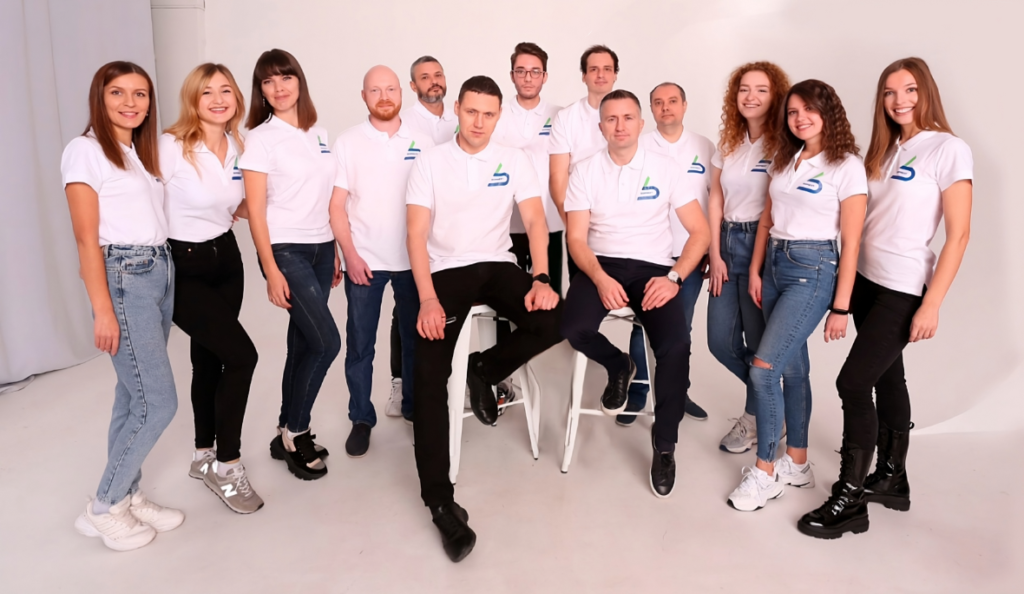9/28/2023
ALEXANDER VARVARENKO’S SHIPNEXT SECURES ‘SUBSTANTIAL’ BELGIAN GRANT FOR AI PROJECT
Cargo platform will use money to strengthen its predictive analytics for shipbrokers

Belgian cargo platform Shipnext has won a multi-year grant to develop its use of artificial intelligence and predictive analytics for shipbrokers. A “substantial” sum has been awarded by Flanders Innovation & Entrepreneurship (VLAIO), the company said.
A dedicated team at its Antwerp headquarters will now launch “an ambitious project to develop a supply chain volatility forecast, helping the platform’s users to understand likely transportation costs several weeks in advance, as well as anticipated demand for shipping assets”, Shipnext added. A new algorithm will be created, making use of various freight matrices and a range of data sources for specialised commodity trade-related analytics.
The project is aimed at shippers of commodities such as steel, coal, chemicals and agricultural products.
It will use natural language processing, machine learning and big-data analysis. Shipnext has around 3,500 daily users, including brokers, traders, shippers, forwarding companies and carriers.
The first grant instalment of €400,000 ($423,000) is due in the coming months. More money will be banked over the next five years.
“Back in 2016, Shipnext saw that the shipping industry was drowning in emails — it was obvious that processing freight requests manually could not go on forever,” said founder and chief executive Alexander Varvarenko.
“For that reason, we embarked on a digital transition for the shipping business. First, we patented the process of extracting cargo, fleet and shipping data from emails using digital algorithms and AI-driven technology in order to facilitate instant freight-matching and automation of workflows.” Varvarenko said VLAIO’s support will take the offering to the next level.
“The culmination of our project will be a highly accurate forecast of freight market volatility, thereby leading to more sustainable supply chains, both in Europe and internationally,” he added. In March, TradeWinds reported that Shipnext had submitted to the International Maritime Organization an alternative way of calculating a ship’s Carbon Intensity Indicator (CII) rating that rewards more productive vessels by removing time spent in port. Shipnext’s emissions index proposal was based on the technical parameters of vessels, their speed and fuel consumption, while taking into consideration the cargo quantity and intended voyage.
The Shipnext Voyage Emission Index ignores fuel consumption in ports, as the time taken is determined mainly by the terminals, not a vessel’s technical capabilities. Many people in the industry have criticised CII for failing to incentivise voyage optimisation and discriminating against vessels that spend a lot of time in port.